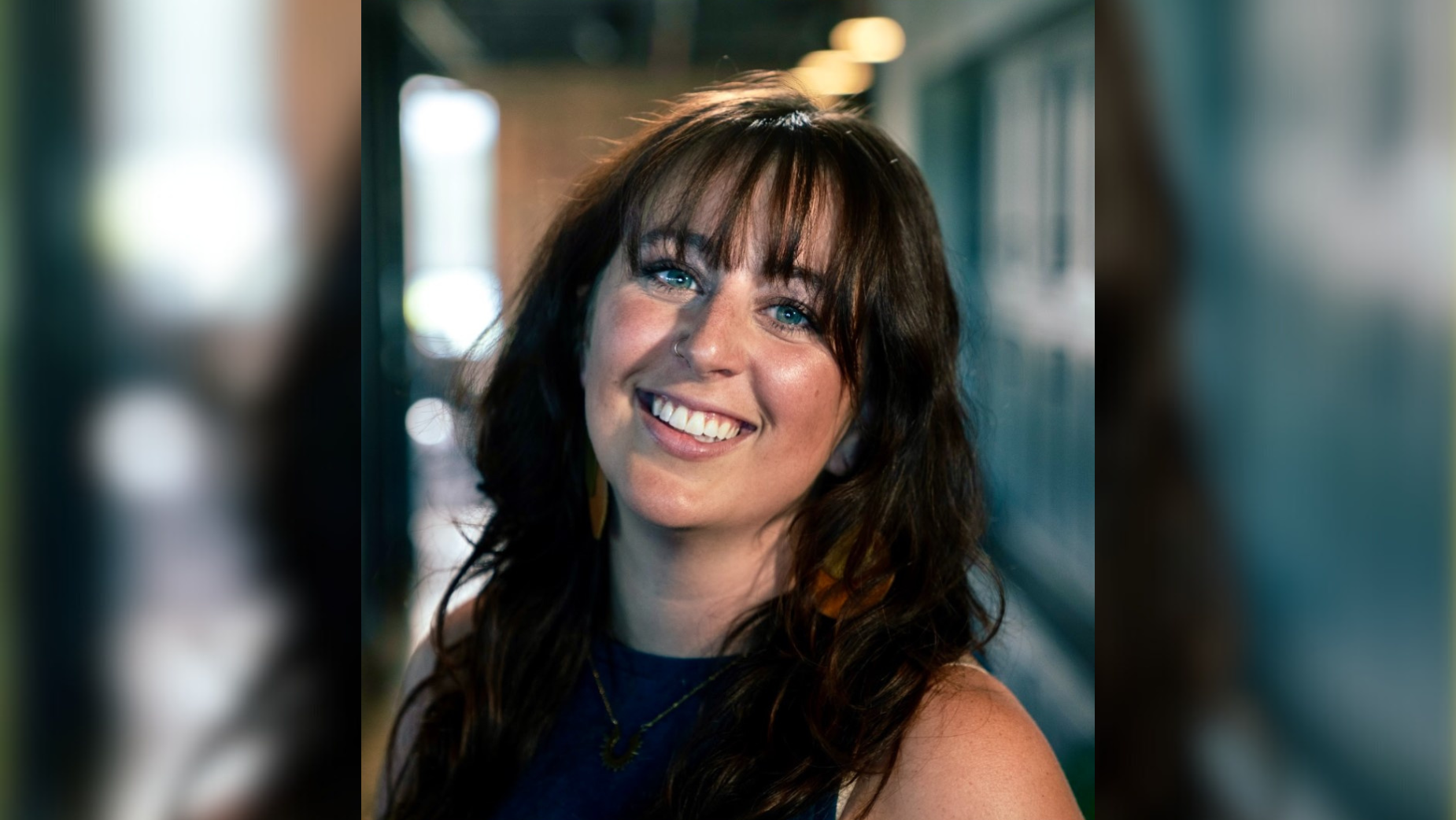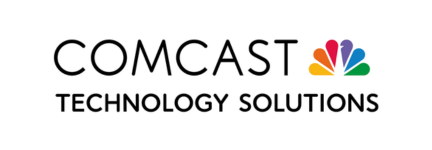
Producing Tomorrow’s Producers: Elizabeth Karner Says “Show Up, Work Hard, Be Kind”

Elizabeth Karner is a senior producer at Brandon, renowned for her expertise in managing complex projects from concept to delivery. A native of Greenville, SC, Elizabeth spent her twenties living in different parts of the country before returning to Greenville in 2017 with both an MBA and an art degree. This diverse background enables her to bring a unique blend of creativity and strategy to every marketing campaign.
Elizabeth’s career began in-house at a resort, where she quickly advanced from marketing specialist to marketing manager overseeing a team of five. Transitioning to the agency side, she took on roles as an account manager and project manager at a small agency, where she discovered her passion for production. Embracing the role of producer, she transitioned to a larger agency, thriving on transforming simple briefs into full-scale creative productions.
Throughout her career, Elizabeth has had the privilege of working with high-profile clients such as Lenovo, GE, LG, Michelin, and Idahoan Potatoes, among others, creating exciting opportunities to create great work.
Outside of work, Elizabeth is an advocate for women in film and production. Speaking at forums and festivals on ways to make the set more inclusive. In her free time, Elizabeth is an avid outdoor enthusiast, enjoying hiking, paddleboarding, climbing, and yoga.
LBB> What advice would you give to any aspiring producers or content creators hoping to make the jump into production?
Elizabeth> The film industry is built on relationships and the shared experience of working long, demanding hours. For many aspiring producers, the journey begins on set as a production assistant. While you may not get the pay you desire at first, the real reward is the opportunity to be part of creating compelling commercials and content.
The keys to success? Show up, work hard, and be kind.
There’s no room for egos on set. A bad attitude or poor communication can cost you future opportunities. Producers won’t hesitate to hire someone else next time. But if you’re reliable, dedicated, and easy to work with, those same producers will continue to call you back and, in time, offer higher-paying, more prominent roles.
LBB> What skills or emerging areas would you advise aspiring producers to learn about and educate themselves about?
Elizabeth> If you work at an ad agency or in commercial production, it’s essential to have a deep passion for both marketing and cinema. You need to become a student of both disciplines. Understanding full-funnel marketing—how each stage works together to move an audience—is crucial.
Knowing the difference between the content needs for a commercial versus a website will make you an invaluable asset to your agency and clients.
For anyone entering the world of marketing, I highly recommend reading 'Hey, Whipple, Squeeze This'. It offers timeless insights into advertising and how an ad agency works.
Additionally, immerse yourself in media daily. Watch TV to expose yourself to both commercials and longform, episodic programming. This will sharpen your ability to distinguish great work from mediocre efforts.
Stay current with trends in the film industry. Watch films, vlogs, and read resources like No Film School. Attend local film festivals and build connections within your film community. These experiences will broaden your perspective and keep you in tune with what’s happening around you.
Lastly, if possible, dive into emerging technologies such as LED screens and virtual production. Learning about these innovations will set you apart. Being able to suggest solutions that go beyond traditional on-location shooting can add significant value to your team.
LBB> What was the biggest lesson you learned when you were starting out in production - and why has that stayed with you?
Elizabeth> Early in my career, a boss told me, “You have to get in the weeds before you can take the 30,000-foot view.” Her point was simple: While it’s easy to enjoy being the big-idea person, pitching grand plans without understanding the execution won’t get you far. She encouraged me to focus on mastering the details that bring those big ideas to life. This mindset shift was invaluable. It taught me to add value by becoming a problem-solver, not just an idea generator.
Though this advice came before I transitioned into production, it was instrumental in shaping the logistics-oriented approach I needed to succeed in video and photo shoots.
Since moving into production and taking classes, I’ve encountered another key lesson: “Two hours of pre-production is worth one hour on set.” Meticulous planning in pre-production saves time, reduces stress, and ensures a smoother, more successful shoot.
The time you invest in working out the details upfront directly impacts the quality of the final product on set.
LBB> When it comes to broadening access to production and improving diversity and inclusion what are your team doing to address this?
Elizabeth> As the only woman on my team, diversity and inclusion in the production industry is something I’m deeply passionate about. When hiring freelance staff, we prioritise building a diverse team of talented professionals. We also make it a point to hire locally in the areas we film, supporting the local economy and bringing fresh perspectives to our projects.
However, there’s still much work to be done to create a more inclusive film industry. Real change starts with outreach—volunteering at schools, attending indie film festivals, and advocating for more film-related programs at state colleges. These efforts help broaden access to production careers and foster the diversity that is so vital to the future of our industry.
LBB> And why is it an important issue for the production community to address?
Elizabeth> In the production world, there’s a long-standing joke that if you work in it, you must be a white, bearded man. While said in jest, it highlights a real problem—the lack of diversity in the industry.
The unfortunate reality is that production continues to struggle with representation. In recent years, the number of women in the field has actually declined, dropping from 23% to just 17%. Meanwhile, people of colour account for only 20-25% of the industry.
Efforts to address this imbalance are underway, such as the state of South Carolina’s partnership with the Urban League of the Upstate to introduce a film major at USC Upstate, one of the more diverse colleges in the state. Initiatives like these are crucial for broadening access to production careers and ensuring a more inclusive future for the industry.
LBB> There are young people getting into production who maybe don’t see the line between professional production and the creator economy, and that may well also be the shape of things to come. What are your thoughts about that? Is there a tension between more formalised production and the ‘creator economy’ or do the two feed into each other?
Elizabeth> I believe they feed into each other. One of the strengths of the new generation entering the workforce is their willingness to break free from traditional paths like formal education and “proper” methods. They show up ready to create, and that mindset can be a huge asset on set. Problem solvers thrive in production, and if you’re adaptable and resourceful, you’ll get called back for more work.
In my role as a senior producer or line producer within an agency, I'm part of the more formalised side of production, in the sense I have a structured role at my company. But even in that space, I need to think creatively and not get bogged down by doing things the “right” way. It’s really about capturing the creative vision while staying within budget.
The only time strict rules come into play is when working with unions, which have their own guidelines, but even those only apply if you’re on a union shoot or in a city with a strong union presence.
The types of media are constantly changing, so our industry needs to be adaptable.
LBB> If you compare your role to the role of the heads of TV/heads of production/executive producers when you first joined the industry, what do you think are the most striking or interesting changes?
Elizabeth> I can’t directly compare my role to that of heads of TV or heads of production, as running a media company is quite different. However, I have noticed significant changes in the ad industry over the years.
One of the most striking shifts is the shrinking of budgets, alongside the trend of producing increasingly shorter content. What used to be a standard 90-second commercial with 30- and 15-second cutdowns has now evolved into producing 30-second spots with 15- and even six-second versions. The rise of social media has also transformed the landscape, often taking priority over traditional marketing channels.
Timelines have also tightened considerably. While the phrase “content is king” still holds true, the demand for fast and cost-efficient production has never been higher. What’s stayed the same, however, is the need for creativity and storytelling, even as the formats and delivery platforms evolve. People still know a great ad when they see one.
LBB> When it comes to educating producers how does your agency like to approach this?
Elizabeth> When it comes to educating producers, I believe a mix of hands-on experience and structured learning works best. While it’s true that learning new techniques is easier now with so many online resources, there are certain areas where more formal training really makes a difference. Look at local tech schools to see if they offer any training.
For example, if you can take any kind of LED wall production training, it's incredibly beneficial, especially since that technology is evolving so quickly in our industry. It also allows you to ask questions of people who might have different experiences and expertise you can learn from.
Aside from that, I always encourage producers to get involved in their local film communities. These groups often have biweekly meetups that bring in industry experts for training sessions. It’s a great way to stay connected, learn new skills, and keep up with industry trends.
LBB> It seems that there’s an emphasis on speed and volume when it comes to content - but to where is the space for up and coming producers to learn about (and learn to appreciate) craft?
Elizabeth> Watch award-winning films, and pay attention to award-winning ads. Learn about colouring, set design, and art direction. This will help you have an eye for good work.
LBB> On the other side of the equation, what’s the key to retaining expertise and helping people who have been working in production for decades to develop new skills?
Elizabeth> Production is such a hands-on, collaborative community, and one of the keys to staying sharp is keeping your ego in check.
No matter how long you’ve been in the industry, there’s always something new to learn. I find that being open to learning from anyone on set—whether they’re seasoned pros or green—is essential. I’m constantly picking up new ideas, and when I see someone do something I haven’t encountered before, I make a point to take note.
It’s also important to never be afraid to ask questions. Staying curious and open to feedback keeps you adaptable and ensures you’re always growing, no matter how long you’ve been in the game.
LBB> Clearly there is so much change, but what are the personality traits and skills that will always be in demand from producers?
Elizabeth> One of the core strengths of a great producer is the ability to anticipate challenges before they happen and have a plan ready to solve them. Being able to think three steps ahead and troubleshoot potential issues is crucial in keeping production on track.
Another essential trait is strong communication. This role is about ensuring that your team, clients, talent, locations, and crew are always on the same page. You need to make sure everyone has the information they need to do their job effectively, which helps create a smooth and efficient production process.















